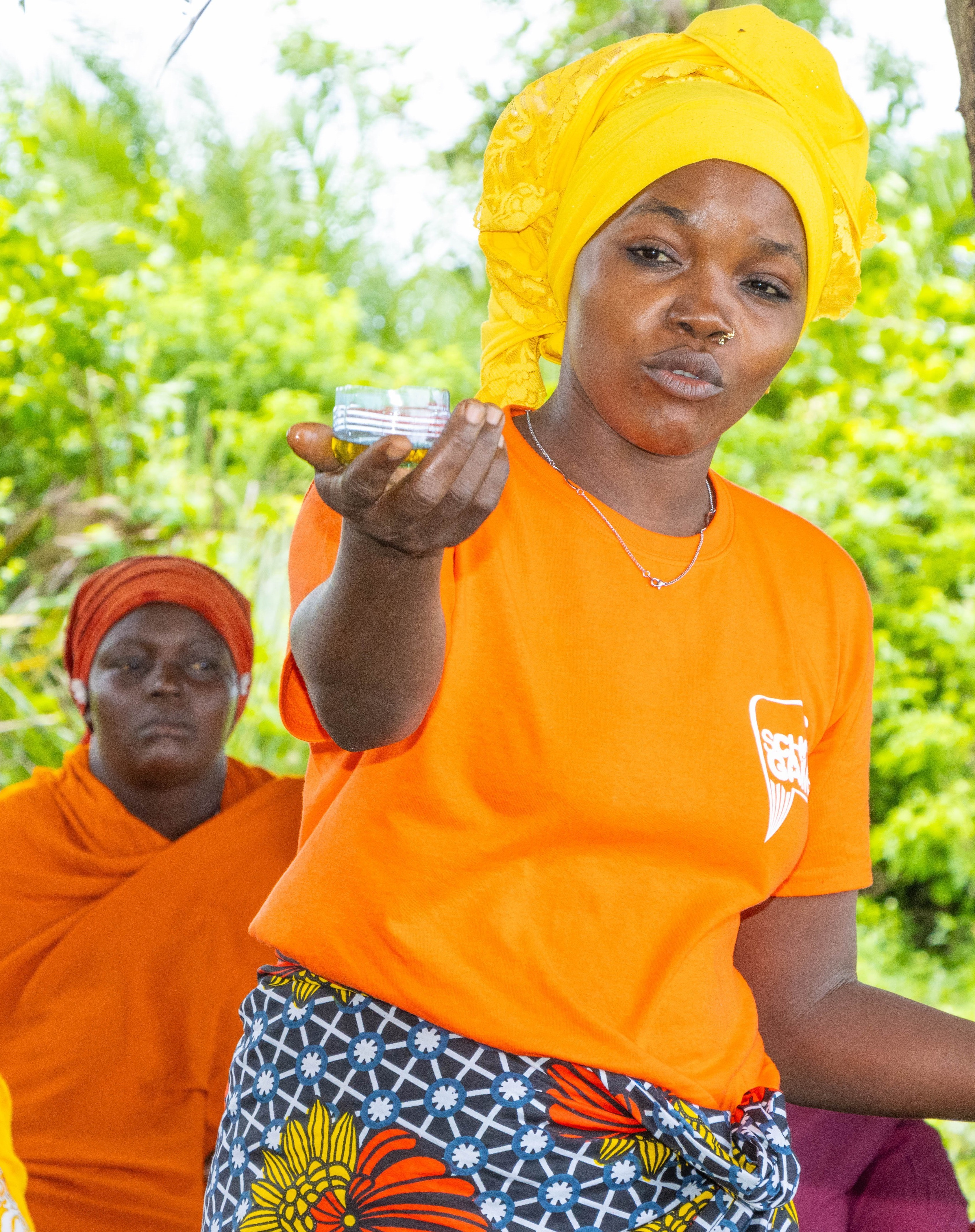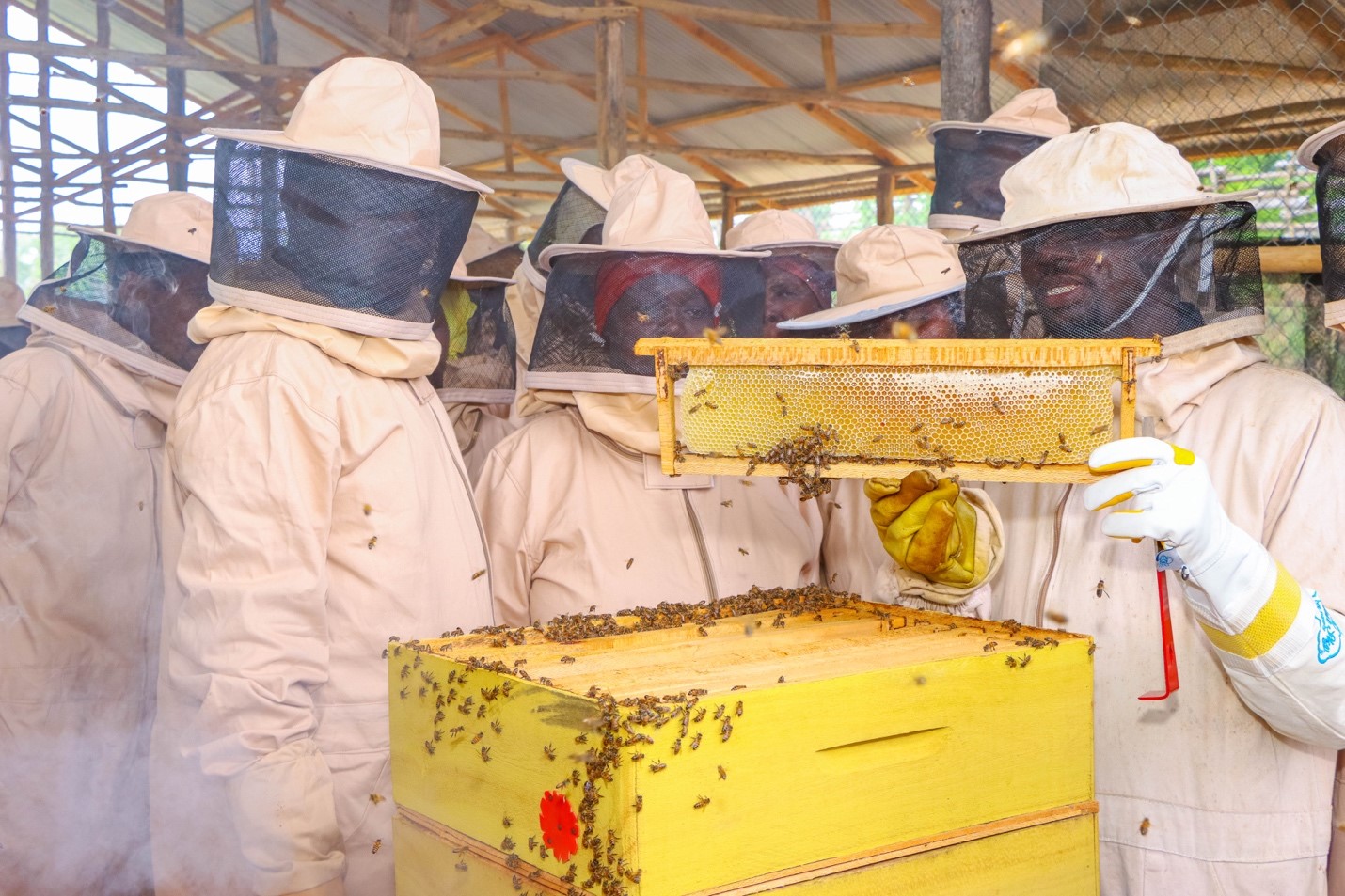🍯 Mangrove Honey Production
In May 2024, we launched a livelihood-and-conservation partnership in the Shimoni‑Vanga Seascape, teaming with the Livelihood Impact Fund to put mangrove-honey production in the hands of coastal communities. Honey isn’t just sweet it becomes a path from forests to income, from vulnerability to vision.


🌍 Why It Matters
Kenya’s mangrove ecosystems are natural power-houses: they store carbon, protect coastlines, and host unique biodiversity. Yet, many local fishers and harvesters face shrinking catches, fewer options and growing risk. By tapping into mangrove apiculture, we create an alternative pathway one that rewards preserving the ecosystem rather than degrading it.
⚙️ How It Works
We’re working across three key drivers of change:
- 🐝 Training & Skills: Groups in Yungi, Mwenjeni, and Mbweni have received hands-on instruction in best-practice beekeeping, hive management, and quality honey processing.
- 🍯 Equipment & Infrastructure: We provide beehives, tools, and processing equipment so farmers can upgrade from subsistence honey to a market-ready product.
- 🏷️ Market Access & Value Chain: We’re building connections so the honey produced is sold at fair value, competing in broader markets — and ensuring the benefit stays with the community.

The Impact
📊 Milestones & Impact
- 🐝 3 apiaries constructed and 340 hives distributed to bee farmers across Yungi, Mwenjeni, and Mbweni villages.
- 👩🏾🌾 74 farmers trained in modern beekeeping — 57% women and 43% men participating actively.
- 📈 Hive colonization rates increased from 30% to 75% within ten months of training and continuous monitoring.
- 🍯 445 kg of honey produced, generating USD 2,781 in just ten months — a sweet result of improved hive management and quality processing.
- 🏷️ Community-based marketing organization established to help beekeepers process, brand, and sell honey collectively for better market returns.
Together, these milestones show how mangrove-linked apiculture is reducing pressure on fisheries, strengthening household incomes, and inspiring stewardship of coastal forests
30-75%
“When I see bees now, I see opportunity.” — Fatuma Saidi, Beekeeper, Majoreni
“When I see bees now, I see opportunity.” — Fatuma Saidi, Beekeeper, Majoreni

Stay updated
Our annual newsletter highlights our program impacts and updates on livelihood and conservation activities and milestones.
.png)




